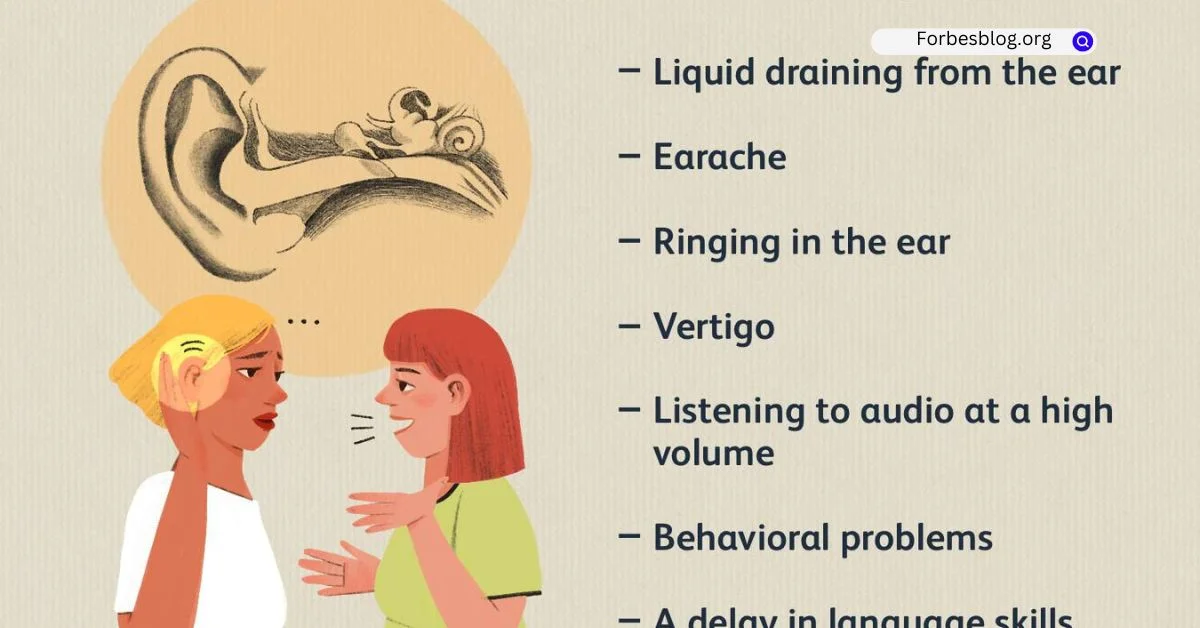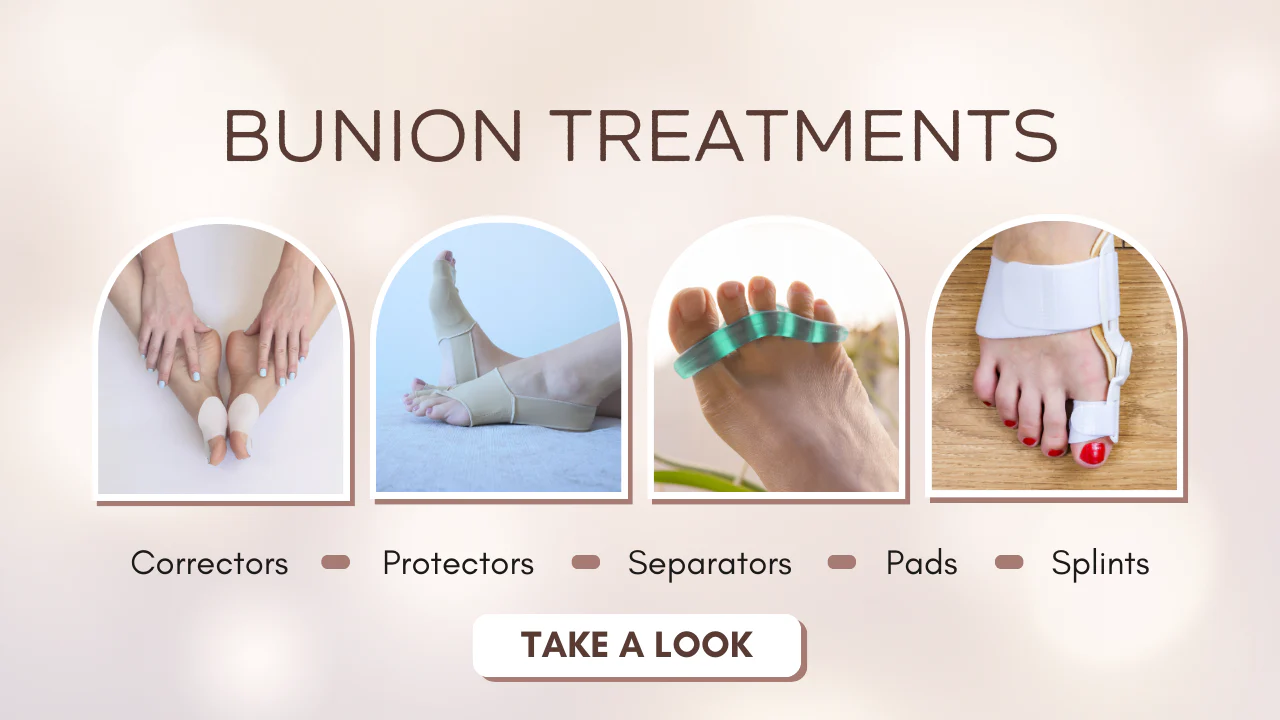Hearing loss is a condition that affects many people around the world. There are two types of hearing loss: congenital and acquired. Congenital hearing loss is present at birth, while acquired hearing loss occurs after birth. This blog post will discuss the differences between congenital and acquired hearing loss. Read on to learn more about these two types of hearing loss.
Table of Contents
Understanding Congenital Hearing Loss
As mentioned, congenital hearing loss is hearing loss that is present at birth. This type of hearing loss can be caused by a number of things, including:
Genetic Factors
Genetic factors are thought to play a role in congenital hearing loss. In fact, congenital hearing loss is the most common type of birth defect in the United States.
According to the National Institutes of Health (NIH), approximately 12,000 babies are born each year with congenital hearing loss in the United States.
Some of the genetic disorders that can cause congenital hearing loss include:
- Cytomegalovirus (CMV)
- Usher syndrome
- Waardenburg syndrome
Environmental Factors
There are also a number of environmental factors that can lead to congenital hearing loss. These include:
- Exposure to certain medications or chemicals while in the womb
- Maternal infections during pregnancy
- Premature birth
- Low birth weight
Maternal Infections During Pregnancy
Another factor that can lead to congenital hearing loss is exposure to certain infections during pregnancy. These include:
- Cytomegalovirus (CMV)
- Rubella
- Syphilis
- Toxoplasmosis
- Zika virus
These infections can damage the developing auditory system and lead to congenital hearing loss.
Use of Certain Medications During Pregnancy
Certain medications can also lead to congenital hearing loss. These include:
- certain antibiotics
- diuretics
- cancer chemotherapy drugs
If a pregnant woman takes any of these medications, it can cross the placenta and damage the developing auditory system, leading to congenital hearing loss.
Those who are born with congenital hearing loss may also have other health problems, such as:
- Cognitive impairment
- Language delay
- Learning difficulties
- Social and emotional difficulties
If you or your child has congenital hearing loss, it is important to seek treatment early. Treatment can help improve communication skills and quality of life. There are a number of different treatments available for congenital hearing loss, including:
- Hearing aids
- Cochlear implants
- Speech therapy
- Auditory training
- Sign language
With early intervention and treatment, many people with congenital hearing loss can lead happy and successful lives. You can visit different clinics like Hear & Say so that congenital hearing loss can be addressed.
Acquired Hearing Loss
The other type of hearing loss is called acquired hearing loss. This type of hearing loss happens when there is damage to the inner ear, auditory nerve, or brain from an illness, injury, or exposure to loud noise. Acquired hearing loss can happen at any age. The most common causes of acquired hearing loss are:
Illnesses
There are many illnesses that can cause acquired hearing loss. These include:
- Meningitis
- Measles
- Whooping cough
- Congenital Rubella syndrome
Usually, these illnesses cause hearing loss when they damage the cochlea, the auditory nerve, or both. If you or your child has any of these illnesses, it’s important to see a doctor right away.
Injuries
An injury to the head can cause acquired hearing loss. This type of hearing loss is called traumatic hearing loss. Traumatic hearing loss can be caused by:
- A loud explosion
- A gunshot wound
- A blow to the head
These injuries can damage the eardrum, the tiny bones in the middle ear, or the cochlea. As a result, sound waves can’t be transmitted to the brain, and hearing is lost.
Loud Noise
Exposure to loud noise is a common cause of acquired hearing loss. Noise-induced hearing loss can happen suddenly or gradually. It can be caused by:
- Listening to music through headphones at high volumes
- Working in a noisy factory or construction site
- Using power tools without ear protection
Being exposed to loud noise for a long period of time can damage the hair cells in the cochlea. When these hair cells are damaged, they can’t send sound signals to the brain, and hearing is lost.
If you think you or your child has acquired hearing loss, it’s important to see a doctor right away. Acquired hearing loss can often be treated if it’s caught early.
Acquired hearing loss is usually more difficult to manage compared to congenital hearing loss because a person has to relearn how to hear. Plus, a person who has acquired hearing loss might become so frustrated with not being able to hear that they withdraw from society.
This can lead to depression, anxiety, and other mental health problems. If you or your child has acquired hearing loss, it’s important to get treatment right away and to find a support system to help you cope.
Bottom Line
Both congenital and acquired hearing loss can have a profound impact on a person’s life, but there are some key differences between the two. Congenital hearing loss is present at birth, while acquired hearing loss occurs later in life.
Despite the debilitating effects of hearing loss, there are treatments available that can help people manage the condition and improve their quality of life. If you or a loved one is dealing with hearing loss, don’t hesitate to seek out professional help.
See here for more information











